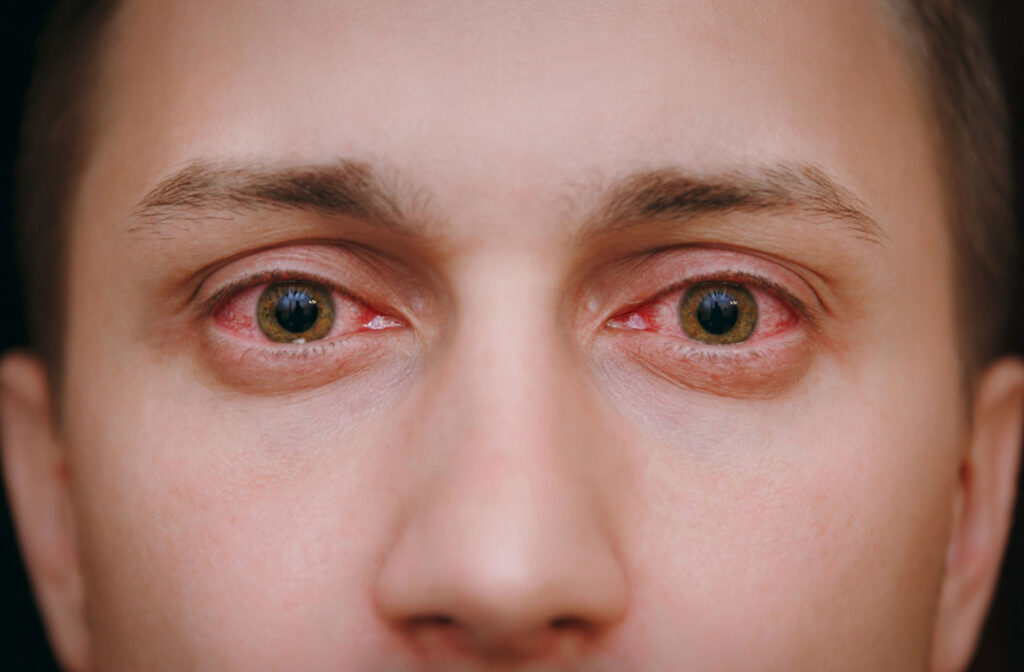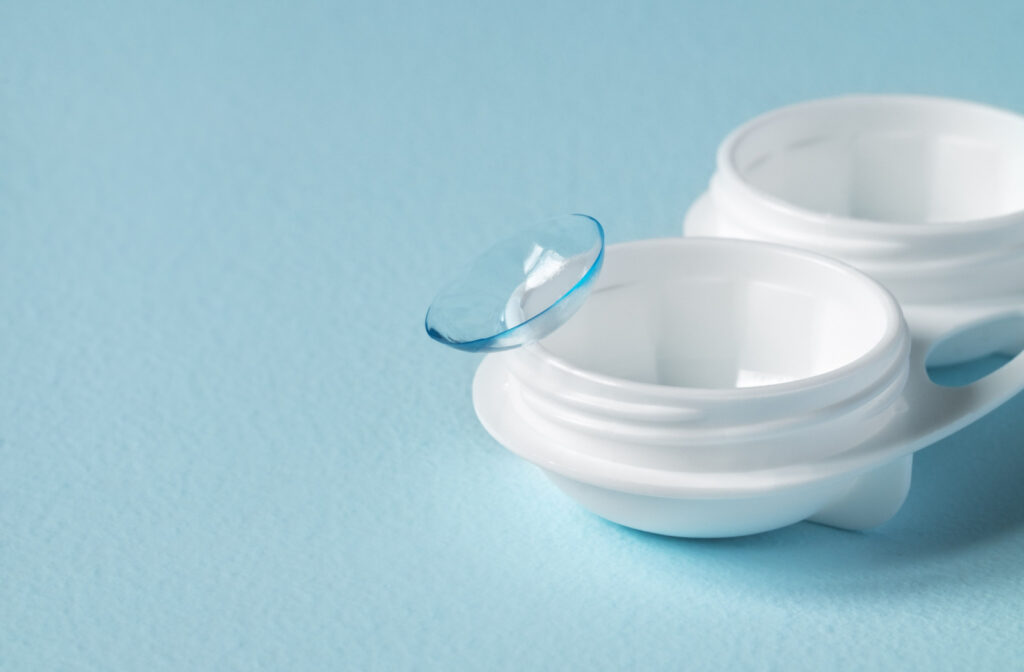Glasses help millions of people correct refractive errors like myopia, hyperopia, and astigmatism, but they are not for everyone. If you want clear vision without wearing glasses, contact lenses may be just what you need. Before you commit to getting contacts, you should know more about them.
While contact lenses provide clear vision like glasses, they require more care and maintenance and can expire with time.
Keep an Eye on Your Contact Lens Expiration Date
Your contact lenses can expire—they should have an expiration date on the box itself or the foil covering your lenses. While you may think your explore lenses are still wearable, they can become compromised with time, increasing the risk of contamination and eye infections.
The expiration date of contact lenses varies on the type, so make sure you regularly check the expiration date of your lenses, write the date down, or set a reminder on your phone.
Besides your contact lenses, your prescription can expire as well—generally after a year or two. An expired prescription may not seem significant, but it lists the last time you can get your contact lenses. You need an eye exam before you can get contact lenses again so your optometrist can update your prescription.
Why Do Contact Lenses Expire?
Contact lenses sit directly on your eyes, meaning that it’s essential to keep these lenses as clean as possible. If you have disposable lenses, each is packed in a protective seal to prevent bacteria growth.
This seal breaks down over time (even if they’re not used), which can let in bacteria that increase your risk of several eye infections. Contact lenses have an expiry to help patients know when they can last safely use their contact lenses.
How Can You Tell If Contacts Are Expired?
The easiest way to tell if your contacts are expired is to check the expiration date on the package. If it’s past the listed date, it’s time to dispose of them and get a new box of lenses. However, there can be other signs your contact lenses have expired.
Expired lenses may become cloudy, or in some cases, a non-disposable lens may become worn with use. As a best practice, regularly check the expiration date of your lenses any time you put in a new pair.
Caring for Contacts
Contact lenses can help you see clearly without needing glasses, but they are medical devices susceptible to contamination if not properly cared for. Without proper care, you can risk developing an eye infection.
The basics of contact lens care involve following proper hygiene, using your contact lens solution, and replacing your lenses and contact lens case as recommended by your optometrist. They can teach you to safely insert, remove, and clean your contacts to avoid potential complications.
The Canadian Association of Optometrists has several tips for caring for your contact lenses:
- Only wear your contacts for as long as your optometrist recommends.
- Remove, clean, and disinfect your lenses as recommended by your optometrist.
- Do not sleep with your contact lenses in unless your eye doctor says it’s okay.
- Do not use any eye drops or medications without your eye doctor’s approval.
- Wash your hands before and after inserting your contact lenses.
Signs You May Have an Eye Infection

Eye infections are always a risk because contact lenses rest directly on your eyes. However, proper care and maintenance can help reduce your risk of these uncomfortable conditions. If you experience an eye infection, it is important to visit your optometrist—so you should know what to look for if something doesn’t feel right.
Some common symptoms of eye infections from contact lenses include:
- Watery eyes
- Redness
- Discharge from the eye
- Blurry vision
- Discomfort
- Light sensitivity
- Gritty eyes
You should stop wearing your contact lenses immediately if you experience these symptoms and visit your eye doctor. They can examine your eyes, determine the cause of your symptoms, and help you manage the infection.
Book Regular Eye Exams
Regular eye exams are essential for your eye health and vision and for renewing your contact lens prescription. Your lenses and prescription will eventually expire, and you cannot order more contact lenses without a valid prescription.
Your optometrist can identify any changes to your vision and eye health during your eye exam and, if necessary, update your prescription.
Keep Your Contact Lens Prescription Up to Date
Your contact lenses expire, so make sure you watch the expiration date for your lenses. Our eyes change with time, and even if your prescription has not changed in years, you still need regular eye exams to keep wearing your lenses. Your eye doctor can identify if there are any changes to your vision and recommend the best lenses for your current vision needs. Contact Alcona Eye Care Centre when it is time for your next eye exam.




